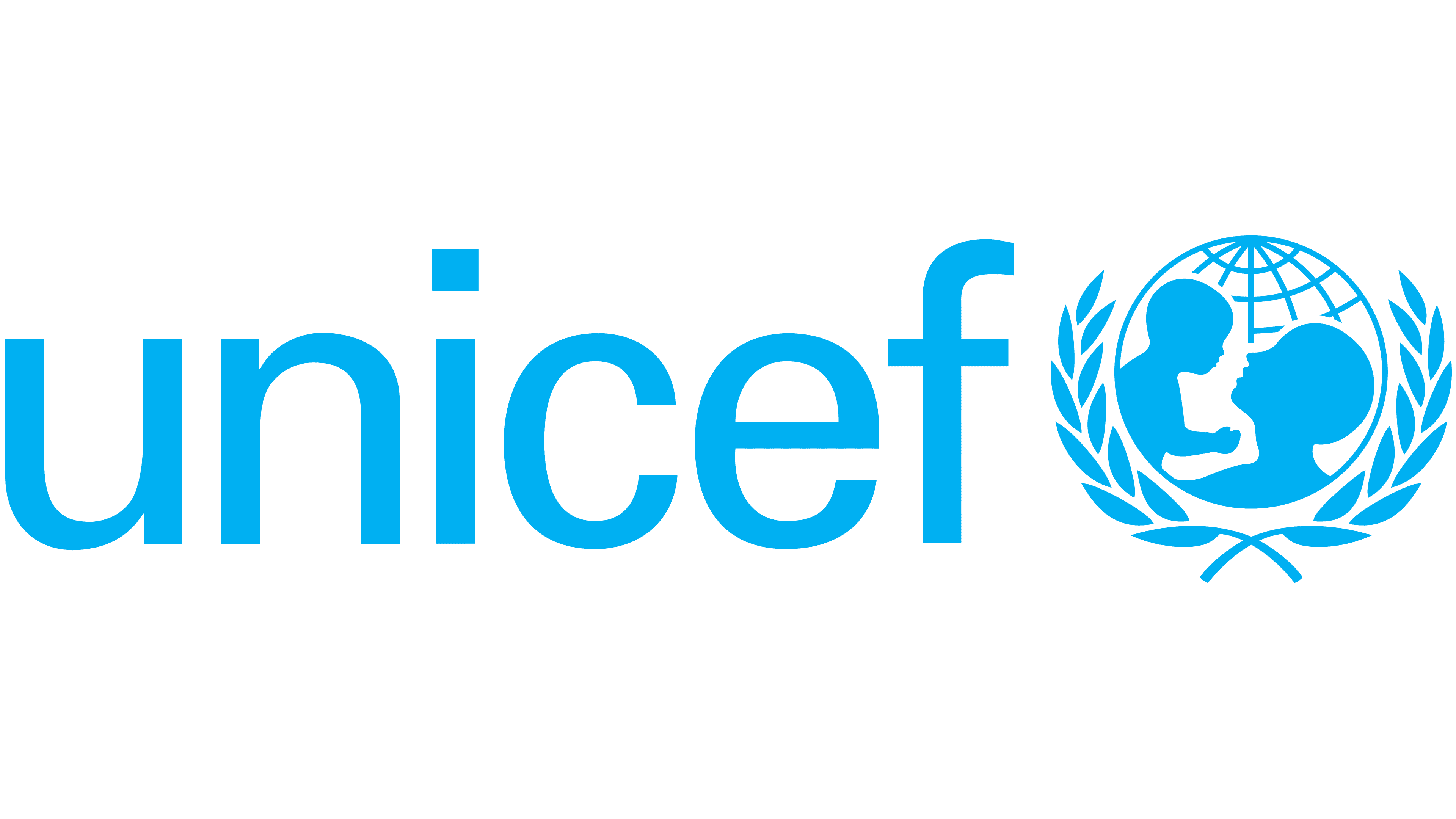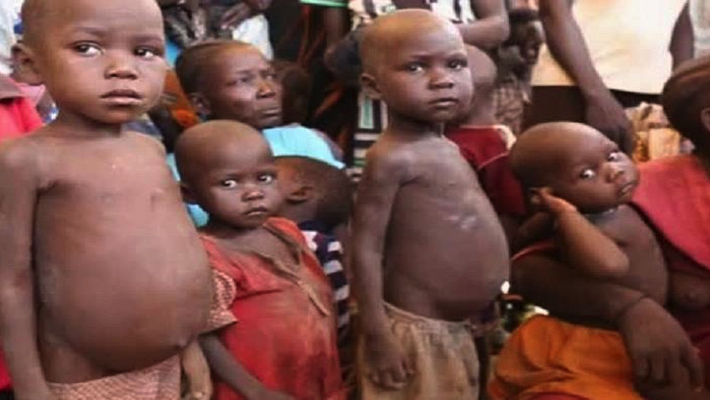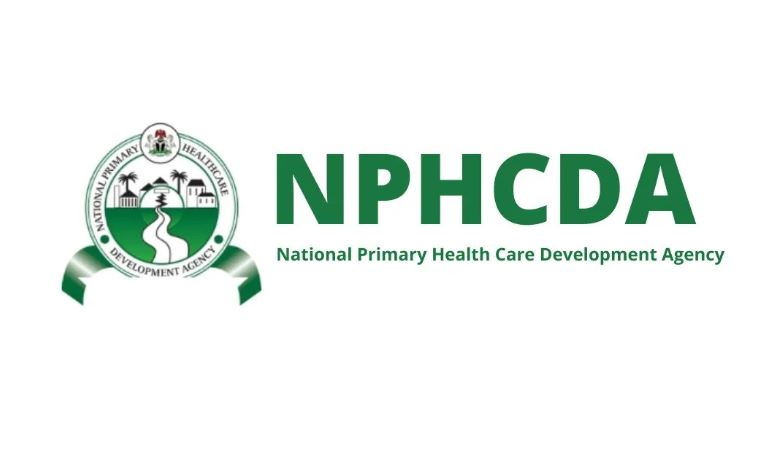Health
Data remains essential document for risk assessments of COVID-19 – WHO
The World Health Organisation (WHO) says data remains essential for the organisation to carry out regular, rapid and robust risk assessments of the current situation of COVID-19.
Dr Tedros Ghebreyesus, WHO Director-General, said this during an online media briefing on COVID-19.
Ghebreyesus called on China to share the data on COVID-19 and also conduct studies on how to prevent future pandemics.
“With circulation in China so high and comprehensive data not forthcoming, it is understandable that some countries are taking steps they believe will protect their own citizens.
“This data is useful to WHO and the world and we encourage all countries to share it.
“We continue to ask China for more rapid, regular, reliable data on hospitalisations and deaths, as well as more comprehensive, real-time viral sequencing,’’ he said.
WHO boss said that the organisation was concerned about the risk to life in China and has reiterated the importance of vaccination, including booster doses, to protect against hospitalisation, severe disease, and death.
According to him, this is especially important for older people, those with underlying medical conditions, and others who are at higher risk of severe outcomes.
Ghebreyesus said that the dawn of a New Year in many countries offered a collective moment for both reflection and ambition for the year ahead.
“Now into the fourth year of the pandemic, the world is in a much better place than it was several years ago, due to clinical care management, vaccines and treatments.
“For most of last year, COVID-19 was on the decline.
“Vaccination increased across the world, and there was sustained progress in many low- and middle-income countries that had been left far behind in 2021.
“Such is due to vaccine nationalism and manufacturing capacity being restricted to just a handful of countries,’’ Ghebreyesus said.
He said that new lifesaving antivirals were identified in 2022, which helped cut mortality further, although the roll out followed a similar pattern of rich countries first.
According to him, WHO is working to improve access and on Christmas Day announced that the antivirals Nirmatrelvir and Ritonavir were prequalified for production by an Indian manufacturer.
He said that it was the first generic version of an antiviral to get WHO approval and should lead to increased production and access; particularly in lower- and middle-income countries.
The WHO boss said that in spite of clear progress, the threat of COVID-19 persists.
‘`There are still major inequities in access to testing, treatment and vaccination and ultimately COVID-19 remains a dangerous virus to our health, economies and societies overall.
“Every week, approximately ten thousand people die of COVID-19, that we are aware of; the true toll is likely much higher.
“We are really concerned about the current COVID-19 epidemiological picture, with both intense transmission in several parts of the world and a recombinant sub-variant spreading quickly,’’ Ghebreyesus said.
According to him, in recent weeks, there has been increasing reports of hospitalisation and health system pressure, particularly in temperate regions of the northern hemisphere where respiratory diseases including flu are also circulating.
He said that in late December, WHO held a high-level meeting with counterparts in China to discuss the surge in cases and hospitalisations.
He said they also had meeting with WHO’s Technical Advisory Group on SARS-CoV-2 Virus Evolution and the COVID-19 clinical management expert network groups both met with Chinese experts.
Health
UNICEF emphasises importance of polio vaccination to caregivers


The United Nations Children’s Fund (UNICEF) has encouraged caregivers in Katsina, Kano and Jigawa States to present their eligible children for the next round of polio vaccination exercise.
Mr Michael Banda, the Officer-in-charge of UNICEF Kano Field Office, made the call in Kano at a media dialogue on the polio campaign on Friday.
The media dialogue was organised by UNICEF in collaboration with the Kano State Primary Healthcare Development Agency, with participants from the above-mentioned states.
The News Agency of Nigeria (NAN) reports that the four-day polio vaccination exercise is scheduled to commence on April 20, across the three states.
According to the UNICEF Officer-in-charge of the Kano field office, the importance of the exercise cannot be overemphasised.
“As the data show, in Kano, Jigawa and Katsina, we have over 556,750 children who have not received one single dose of vaccination they should have received.
“These are referred to as zero-dose children. Such children inexorably are vulnerable to vaccine-preventable diseases, including poliomyelitis.
“This is unacceptable and must be tackled frontally. Not only is polio vaccination crucial, but all routine vaccinations are also critical to children’s survival.
“We must all work together to strengthen routine immunisation services and ensure that all children under five receive all vaccines, including the polio vaccine,” Banda said.
He added that, if all children got vaccinated and receive the vaccines they needed to receive, they would no longer be at risk of contracting polio, with attendant debilitating consequences.
He said that, rather they would have received the immunity which would protect them against vaccine-preventable diseases.
Banda emphasised that immunisation had been proven to be the most cost-effective protection against vaccine-preventable diseases.
“Let’s all work together, government, development partners, religious and traditional leaders, communities, NGOs, CSOs and the media, to ensure that every Nigerian child under five is vaccinated.
“This will protect them from not just polio, but all other vaccine-preventable diseases,” he appealed.
According to the UNICEF official, managing misinformation and vaccine hesitancy for Polio and overall vaccination is very crucial in Nigeria to stop the outbreak.
He stressed that the role of the media, including social media, was important in this aspect.
Health
Over 1,800 malnourished kids recovered in six months in Bauchi — CSOs


Rauf Oyewole, Bauchi
The Coalition of Civil Society –Scaling Up Nutrition in Nigeria, Bauchi State Chapter has said that through its partnership with other implementing partners they have assisted over 1,800 malnourished children to recover from Severe Acute Malnutrition (SAM).
The Secretary of the Network, Dabis Mwalike while addressing journalists as part of the activities marking the 10th year anniversary of the network, said that it also engaged in preventive measures against malnutrition in the state.
According to her, during the implementation, 698 healthcare providers were trained across the 20 local government areas of Bauchi, 400 community-based volunteers were trained while 4,229 comprising 2,059 males and 2,170 females, children under five identified with SAM and 7,743 made of 3661males and 4082 females, children under five identified with Moderate Acute Malnutrition (MAM).
She added that 1,825 children under five identified with SAM and MAM recovered. While 202 PHCs established food banks.
She said that despite all the achievements, malnutrition remains a concern to public health and a threat to child survival, growth, and development in the country, and Bauchi State according to NNHS (2018) and NDHS (2018) the State stunting rate is 46 percent, wasting is 9.5 percent while underweight is 28.2 percent and overweight is 0.5 percent.
Health
Capacity training will reduce migration of health workers- NPHCDA


-
Finance3 months ago
Court orders Sen. Victor Umeh to repay N136m bank debt to AMCON
-



 Abuja Update2 months ago
Abuja Update2 months agoUNDP, FG partnership needed to achieve inclusion, equity- Minister
-
Abuja Update4 weeks ago
Banks drive stock market performance with N147bn gain
-



 Infotech3 weeks ago
Infotech3 weeks agoWorld Backup Day: NITDA urges Nigerians to ensure backup of data
-
capital market2 years ago
Rt.briscoe, FBNH, Others halts negative performance of stock market
-



 Health2 weeks ago
Health2 weeks agoImmunisation: FG, GAVI seek synergy with Sokoto Govt.
-
Infotech1 week ago
Forex for Beginners: Unveiling the currency exchange and how to trade it
-
Submission Guidelines4 months ago
CALL FOR SUBMISSIONS: POETRY COLUMN-NND








